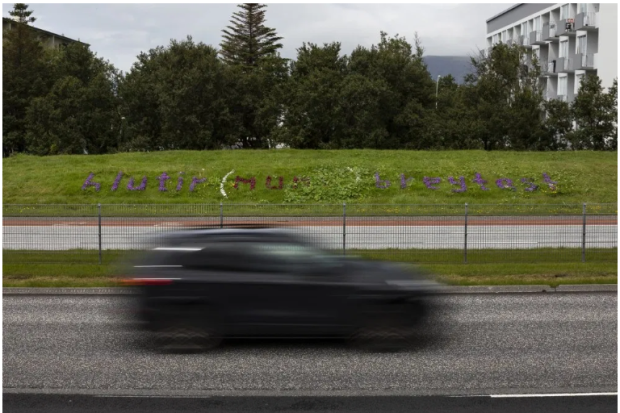
With one eye to laying the base for our work and collaborative programs , we are currently in the process of updating and extending this list of distinguished international colleagues, each of whom is hard at work day after day on challenges, projects and programs, alone and with others, all in support of the principles of sustainable development and equity, in cities and countries around the world. It is our intention to have the revised and expanded version of this panel listing online by end May 2019, as part of our celebration of the first ten years of our collaborative work in support of World Streets.
Since our work program is being totally shifted to the the challenge of achieving sharp near-term decreases in gases causing global warming — CO2, CH4, N2O, PFCs, etc., — and in particular those emanating from the local mobility sector, we hope to encourage shorter or longer contributions from the members of our advisory panel on this critical topic
The revised version of this posting (end April 2020) will include some explanatory materials to clarify the process by which this “New Mobility Majority” is in the process of overtaking the old attitudes, approaches and policies which have been largely responsible for our gross under-performance in the sector, all the more important as the 21st century noose tightens in terms of climate, local environment, energy supply, scarce resources, the economy, congestion, poor service quality for the majority, and the long list goes on. (In the meantime we want to hear from you with your ideas and outstanding nominations for the panel. And if you spot errors or omissions on the following or anywhere in our work, yes please do get in touch and let us know.)





 From the editor’s desk: If you get it,
From the editor’s desk: If you get it, 

 The letter that follows is, as you will quickly surmise, not an actual communication from one elected official in one case, but rather a composite, a distillation of experience that I have had over these last years of trying to push the sustainable transportation agenda in many parts of the world, almost always in conjunction and in dialogue with mayors and other city leaders.
The letter that follows is, as you will quickly surmise, not an actual communication from one elected official in one case, but rather a composite, a distillation of experience that I have had over these last years of trying to push the sustainable transportation agenda in many parts of the world, almost always in conjunction and in dialogue with mayors and other city leaders.










